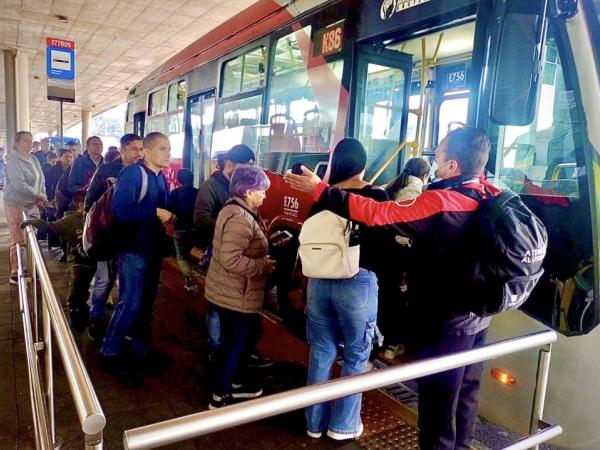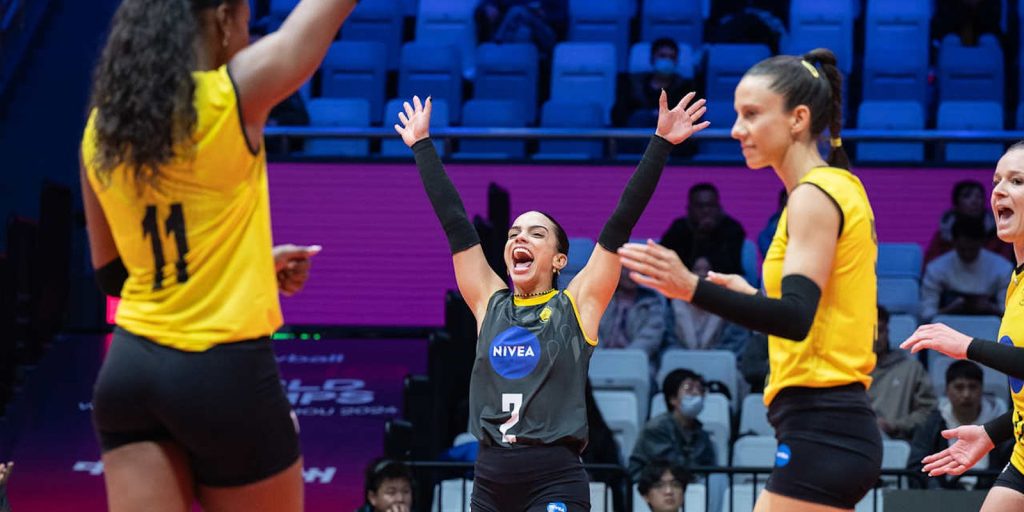In 2024, residents of the city of Bogotá experienced significant difficulties in their mobility due to recurring blockages in the TransMilenio public transportation system. According to information presented by Councilor Daniel Briceñoa total of 339 blockages were recorded in this system during the year, accumulating 1,019 hours of interruptionswhich is equivalent to 42 full days of damage.
You can read: Despite challenges, KMA is looking ahead to new road and rail projects
According to the report, these blockades have been distributed in different types of events, including 145 mobilizations, 136 sit-ins and 58 mass events. The main trunks affected have been the NQS, which reported 91 blockages, followed by Calle 26, with 78 blockages, and Carrera Septima, which recorded 43 interruptions. Among the most impacted stations are Campín – Universidad Antonio Nariño, with 30 blockages; National University, with 24 blocks; and National Museum, with 21 blocks.
The analysis also revealed specific patterns in the temporal distribution of crashes. June was identified as the most critical month, with 52 blockages, followed by November, with 41and April, with 33. In addition, Wednesdays have been the most prone to interruptions, registering 71 blockages, while the most frequent time of these interruptions has been between 5:00 pm and 6:00 pm, coinciding with the peak hour of highest demand in the system.
You may be interested in: Passenger land transportation will mobilize 12 million people in December
TransMilenio Bogotá
Source: Bogotá Mayor’s Office – Official Page
Regarding the average duration of the blockades, Councilor Briceño highlighted that These events last more than three hourswhich he considers evidence of a crisis of authority in the city. Briceño stressed the importance of reviewing and strengthening the protocols for handling demonstrations in order to avoid prolonged effects that impact hundreds of thousands of citizens who depend on TransMilenio daily.
Additionally, the report indicates that, between 2023 and 2024, There have also been 373 blockades on roads outside the public transport system. These interruptions have generated a total of 846 hours of delays for private vehicles, which aggravates the mobility problem in the city.
The councilor expressed his concern regarding the situation, stating that “Bogotá lives in a crisis of authority. We cannot continue allowing each blockade to last more than three hours and affect thousands of citizens. It is time to strengthen the protocols for attention to these situations.” This call emphasizes the need to guarantee efficient mobility and protect the right of citizens to move freely around the city.
Also see: Find out how Colombians parked in 2024

TransMilenio Bogotá
Source: TransMilenio-Official Facebook
The exposed problem highlights the importance of seeking structural solutions to mitigate the negative impacts of blockades on the public transportation system and on the city’s roads, he explains.
PAULA GALEANO BALAGUERA
Portfolio Journalist
















